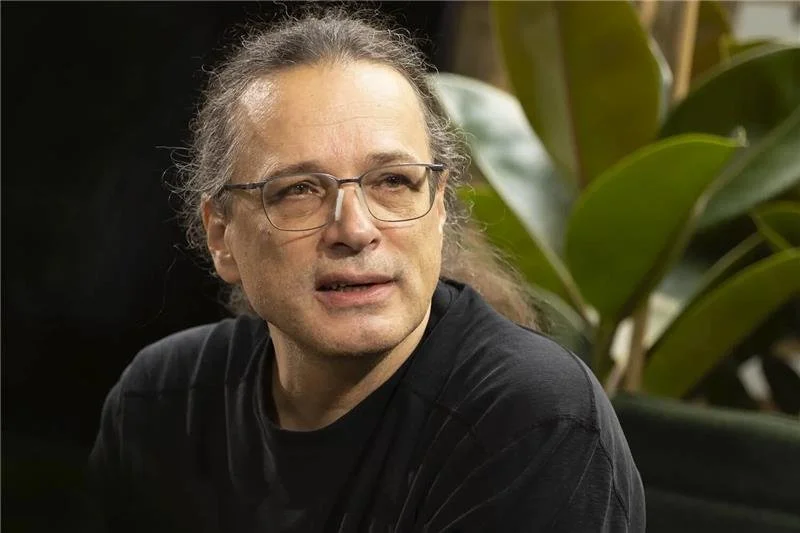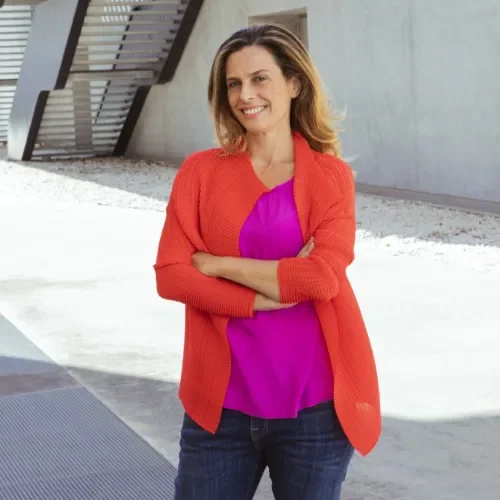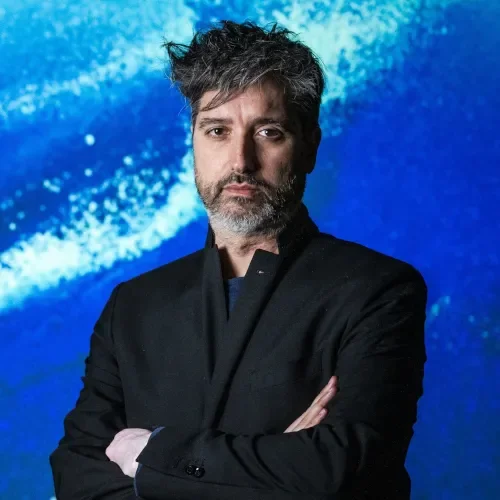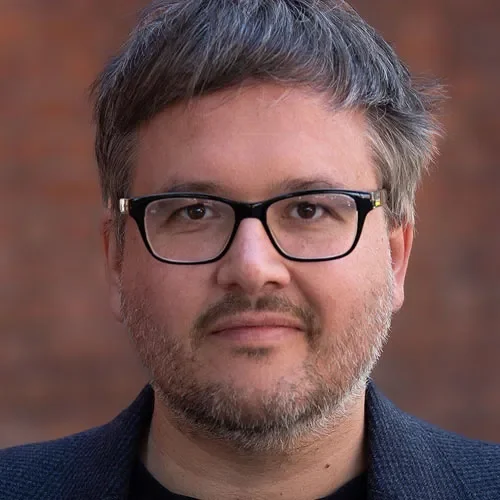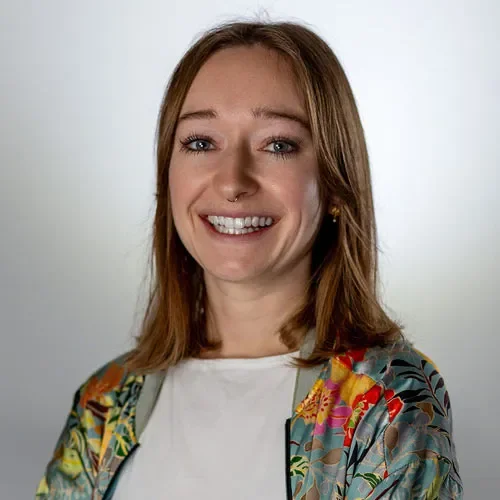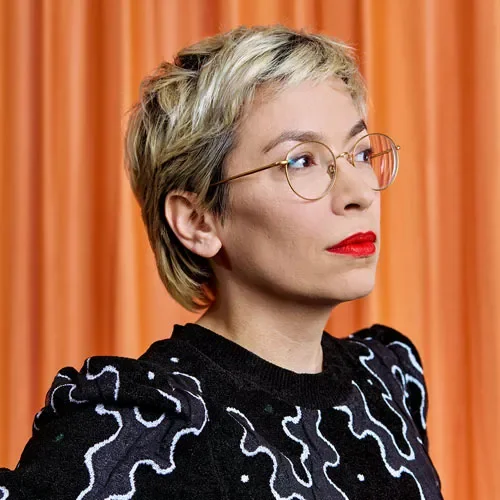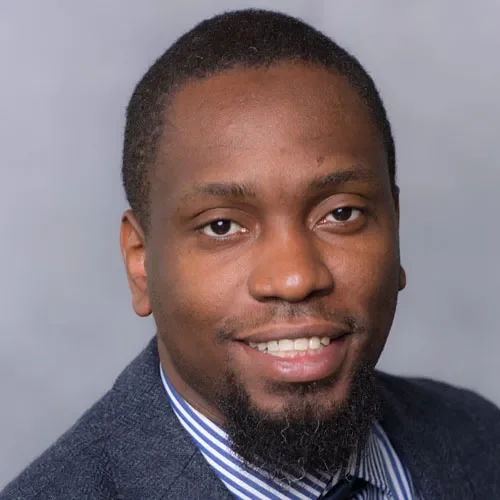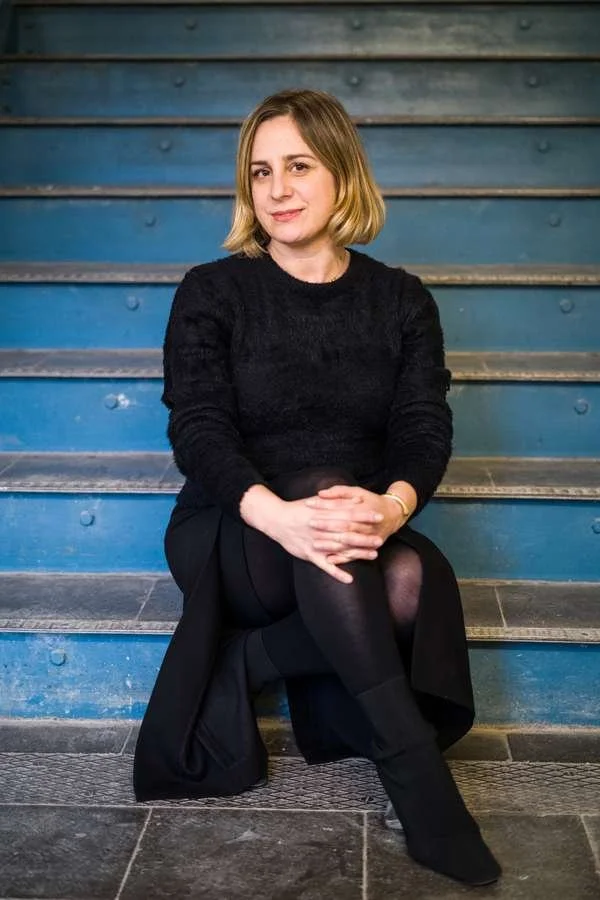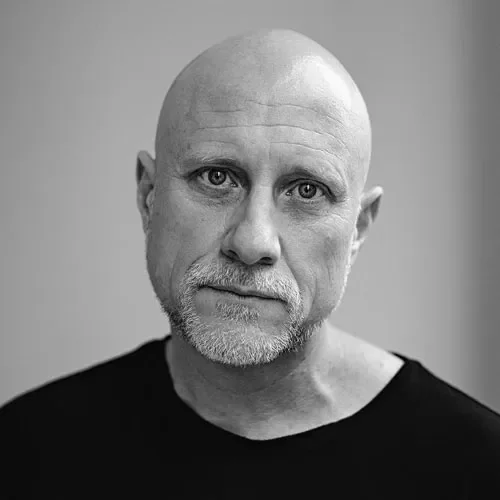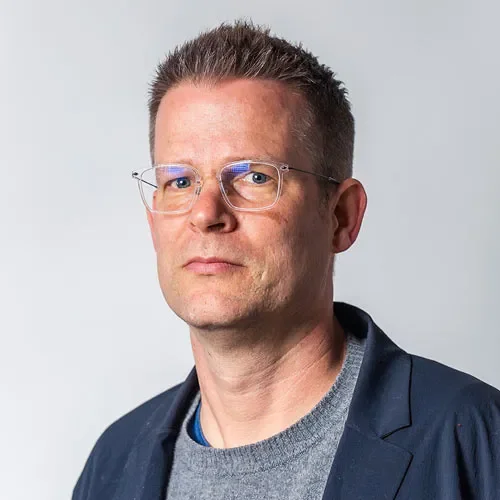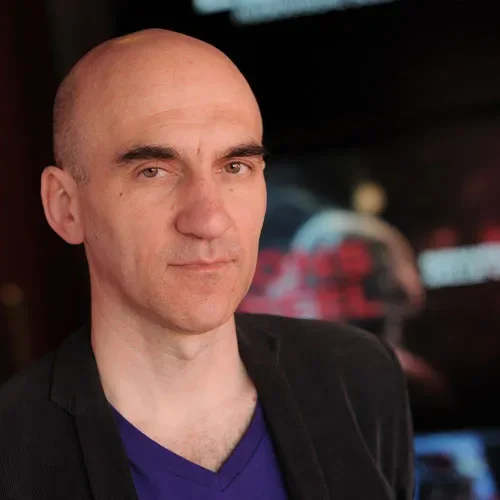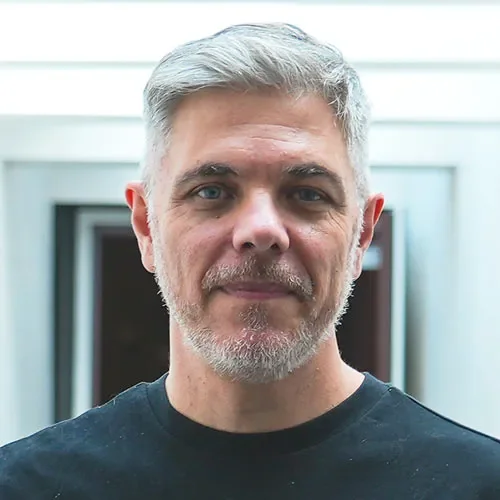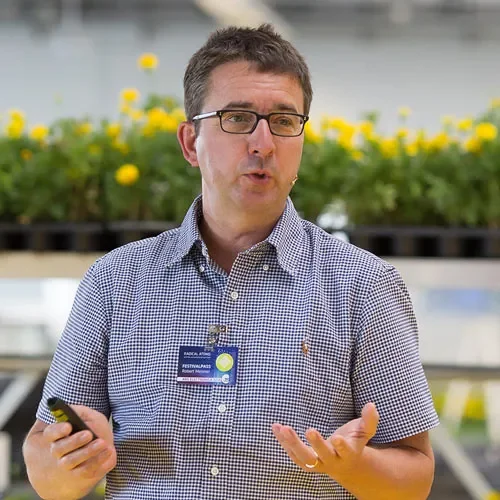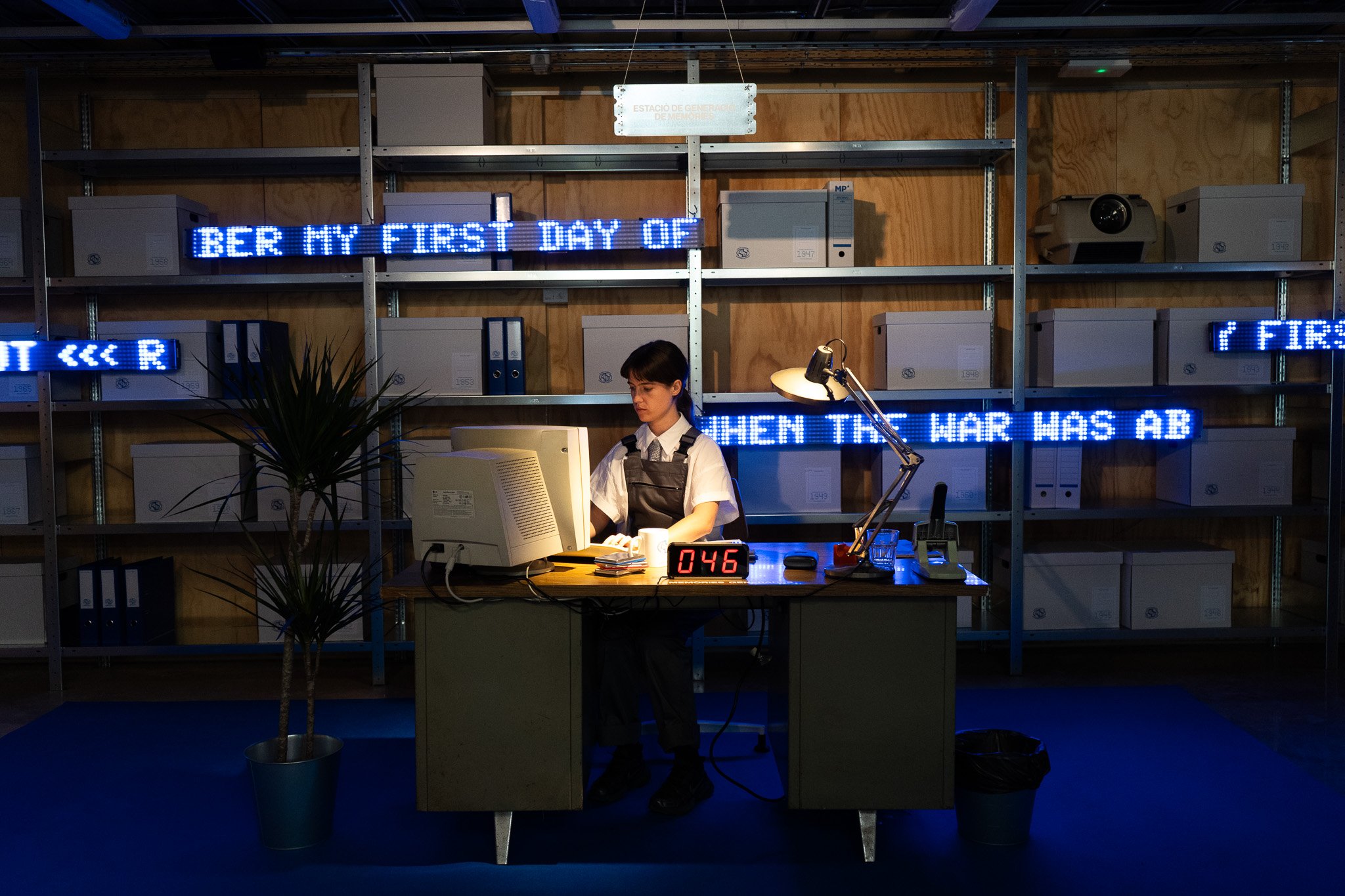From AI War Clouds to Dual Futures: Democratic Responses to Authoritarian Tech
As part of this year’s Ars Electronica Festival, the Theme Symposium presents a full conference day titled Archipelago of Possible Futures—From AI Wars to Dual Futures: Reclaiming Democracy in the Face of Authoritarian Tech. Organised in collaboration with the STARTS Initiative, EIT Culture & Creativity, Archipelago of Possible Futures, Ars Electronica, and E-DIH AI5Production, the symposium addresses the rise of authoritarian technological infrastructures, Europe’s democratic alternatives, and visions and speculations for future technologies. Among the keynote speakers are the acclaimed artist and author Trevor Paglen and the STARTS Prize winning artist Sarah Ciston.
Laure Prouvost, WE FELT A STAR DYING 2025. Installation view at Kraftwerk Berlin. Commissioned by LAS Art Foundation and co-commissioned by OGR Torino. © 2025 Laure Prouvost.
Photo: Andrea Rossetti © VG Bild-Kunst, Bonn 2025
Inspired by the STARTS Prize 2025 winners—AI War Cloud Database by Sarah Ciston and Sensing Quantum by LAS Art Foundation—this forum invites artists, scientists, policy-makers, critical technologists, and cultural workers to ask:
Who builds the infrastructure and the technological stack we live inside?
What systems of power and what politics does it serve?
And how can we reclaim its layers—material, cognitive, planetary—as sites of collective agency?
Sarah Ciston
Photo: Paige Zangoglia
The conference is curated by Francesca Bria and José Luis de Vicente from Archipelago of Possible Futures, a growing platform connecting Europe’s cultural, scientific, and tech institutions. In response to today’s urgent ecological and digital transitions, it offers a space for collective imagination, experimentation, and collaboration. The conference is a collaboration between Archipelago of Possible Futures, STARTS Prize 2025, EIT Culture & Creativity, E-DIH AI5Production and Ars Electronica.
From AI Wars to Dual Futures: Reclaiming Democracy in the Face of Authoritarian Tech
A Forum on Technological Sovereignty, Quantum Imagination, and the Democratic Stack 4 September 2025 – Ars Electronica Festival, Linz Curated by Francesca Bria & José Luis de Vicente In collaboration with STARTS Prize 2025, EIT Culture & Creativity, E-DIH AI5Production and Ars Electronica
Gerfried Stocker - artistic director and co-CEO of Ars Electronica
Credit: vog.photo
Francesca Bria
Photo credit: Francesca Bria
José Luis de Vicente
Photo credit: Espacio Fundación Telefónica
Archipelago of Possible Futures From AI Wars to Dual Futures: A Forum on Technological Sovereignty, Quantum Imagination, and the Democratic Stack
Curatorial Statement
In 2025, panic is no longer a moment, it is the atmosphere we live in. From algorithmic warfare to runaway AI, from surveillance infrastructures to climate tipping points, a creeping anxiety defines the public imagination.
But what if panic is not just a symptom of collapse, but a precondition for reinvention?
Archipelago of Possible Futures is a one-day forum that traverses from panic into possibility. It is a journey through the infrastructures of our present moment, the cracks in their foundations, and the imaginative blueprints of what could emerge next. The forum unfolds across three movements—Reckoning, Rebuilding, and Reimagining—as we confront the rise of authoritarian infrastructures, forge Europe's democratic alternatives, and venture into visions and speculations for future technologies. Inspired by the STARTS Prize 2025 winners—AI War Cloud Database by Sarah Ciston and Sensing Quantum by LAS Art Foundation—this forum invites artists, scientists, policy-makers, critical technologists, and cultural workers to ask:
Who builds the infrastructure and the technological stack we live inside?
What systems of power and what politics does it serve?
And how can we reclaim its layers—material, cognitive, planetary—as sites of collective agency?
The forum is not a policy summit. Nor is it a traditional symposium. It is a curated choreography of high-stakes ideas, speculative infrastructures, and radical imagination—designed to provoke, connect, and equip.
The topics are explored in threes sessions. Session I AI War Cloud: Dual-Use Systems and the New Architecture of Power, with Sarah Ciston as keynote speaker and with Klaus Uhrig — Producer, Peter Thiel Podcast, , Simone Ruf — Lawyer and case coordinator, Gesellschaft für Freiheitsrechte, Julia Kloiber — Co-Founder and Managing Director, superrr Lab and Kambale Musavuli — Technologist and political analyst, Center for Research on the Congo-Kinshasa.
Klaus Uhrig
Photo credit: Martin Schleicher
Simone Ruf
Photo credit: Bernhard Leitner
Julia Kloiber
Photo credit: Marlene Burz
Kambale Musavuli
Photo credit: Kambale Musavuli
Session II, Dual-Use / Dual Futures: Reclaiming the Stack for Europe’s Commons, with a keynote by Trevor Paglen — Artist and author, and with Marina Otero Verzier — Architect and curator, Domestic Data Streamers — Civic designers, Leo Muhlefeld — Writer and performer, Large Language Writer, Paul Keller — Director, Open Futures and the artist duo dmstfctn – The Models: AI-driven interactive theatre powered by Bologna’s HPC.
Leo Muhlefeld
Photo credit: Lucy Li
Marina Otero Verzier
Photo credit: Boudewijn Bollmann
Trevor Paglen
Photo credit: Axel Dupeux
Paul Keller
Photo credit: Stuart Acker Holt (CC-BY)
Session III Entangled Futures: Quantum Poetics and the Deep Imagination, features a keynote by Armin Linke — Artist and photographer, author of the book ‘Quantum Conditions’ (TBC) and participation from Bettina Kames — Director, LAS Art Foundation (Sensing Quantum), Fernando Cucchietti, Data pre and Post processing Group Manager, Barcelona Supercomputing Center, Giulia Bini — Curator and Head of Arts, CERN, Robert Meisner — Earth Observation Programmes Outreach and Experience coordinator, ESA and Emma Sanders — Project Manager, Emergence Delft.
Armin Linke
Photo credit: Miguel Bueno
Giulia Bini
Photo: Marc Delachaux
Emma Sanders
Photo: Emergence Delft
Fernando Cucchietti
Photo credit: Mario Ejarque
Robert Meisner
Photo credit: vog.photo
What role can art play when it comes to innovation that addresses the societal challenges that Europe faces? In particular, the STARTS conference takes a close look at AI infrastructures and their societal implications, in relation to war technologies. From AI War Clouds to Dual Futures: Democratic Responses to Authoritarian Tech addresses the rise of authoritarian infrastructures, forges Europe's democratic alternatives, and ventures into visions and speculations for future technologies. Inspired by the STARTS Prize 2025 winners—’AI War Cloud Database’ by Sarah Ciston and ‘Sensing Quantum’ by LAS Art Foundation—this forum invites artists, scientists, policy-makers, critical technologists, and cultural workers to ask crucial questions.
STARTS, Science, Technology and the Arts, is an initiative funded by the European Commission. The Ars Electronica Festival takes place in Linz (AT) September 3-7, 2025 with the forum happening on September 4. (Header image: Domestic Data Streamers, Synthetic Memories, 2023. Photo credit: Photo: ©Domestic Data Streamers.)
Domestic Data Streamers, Synthetic Memories, 2023. Photo credit: Photo: ©Domestic Data Streamers.
About STARTS
STARTS is about thinking out of the box and building bridges between Science, Technology and Arts.
STARTS is an initiative of the European Commission to foster alliances of science, technology, and the arts, that effectively implement a European approach to technological innovation centred on human needs and values.
Science, Technology and Arts form a nexus with an extraordinarily high potential for creative and reflective innovation. And such innovation is considered to be precisely what is called for to master the social, ecological and economic challenges that Europe is facing.
With disruptive methods of exploration and an accurate critical eye on the use of technology, artists decisively raise awareness of the societal challenges and global concerns we are tackling. The artistic practices are seen as innovative processes and have a wide-reaching potential to contribute to the development of new economic, social and business models.
STARTS Prize
Grand Prize for INNOVATIVE COLLABORATION is bestowed on innovative joint ventures involving industry/technology and the arts, alliances that blaze new trails for innovation.
Grand Prize for ARTISTIC EXPLORATION honors artistic experiments and works of art that employ technology in ways that exhibit great potential to influence and change technology and how it is deployed, developed and perceived.
A yearly competition is held to single out for recognition innovative projects at the nexus of science, technology and the arts that have what it takes to make a significant impact on economic and social innovation.
The two STARTS Prize winners each receive €20,000 and are prominently featured at Ars Electronica and other events of the consortium partners INOVA+, French Tech Grand Provence, Media Solutions Center Baden-Württemberg, the High-Performance Computing Center Stuttgart, Salzburg Festival, Sonar, T6Ecosystems and Kustodie at TUD Dresden University of Technology.
More on S+T+ARTS Prize 2025:
Full winners announcement: https://www.artinsiderpr.com/startsprize2025
S+T+ARTS official site: https://starts.eu
S+T+ARTS official Instagram: https://www.instagram.com/startseu
Jury and evaluation process: https://ars.electronica.art/starts-prize/en/jury/jury2025/
Ars Electronica official Instagram: https://www.instagram.com/arselectronica/
LAS Art Foundation: https://www.las-art.foundation/explore/sensing-quantum
Sarah Ciston: https://sarahciston.com/



